Paralympic Stars: GB Paralympic heroes on their stellar performances in Rio 2016
ParalympicsGB performed magnificently in Rio: bringing home 147 medals, they beat the impressive London haul of 120. Kath Hudson speaks to three of the breakthrough stars of UK Sport’s talent campaign
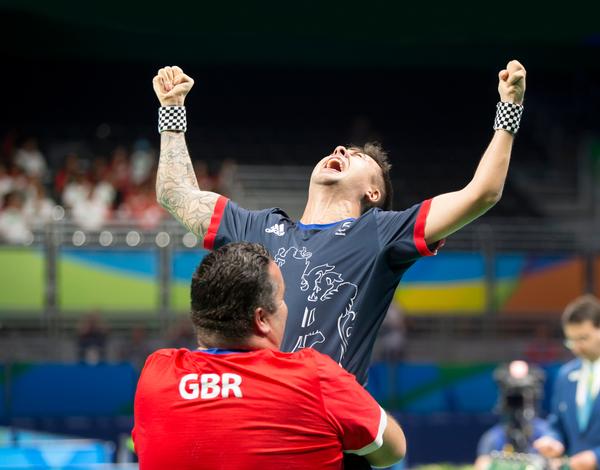
The standard of the GB Paralympic team in Rio was so high that here in the UK we started to expect at least a few gold medals each evening. World records toppled, ‘old’ favourites lived up to their reputations and there were some exciting break-out stars too, many of whom had been inspired by watching London 2012.
Since the London Games, UK Sport has increased its funding by 45 per cent, investing a record £73m of National Lottery and Exchequer income in Rio 2016.
“This is success by design and would not have been possible without the consistency of National Lottery Good Cause funding,” says Liz Nicholl, CEO of UK Sport. “This has allowed us to strategically invest in all sports and athletes with credible medal winning potential. Our increased investment over this Rio cycle has been targeted in a way that has made a significant difference.”
Hopefully one of the knock-on effects of the Games will be to inspire more people with disabilities to look for sporting opportunities and more sports providers to widen their accessibility. Only a tiny percentage of people with disabilities are destined for elite sport, let alone to be Paralympic medallists, but everyone has the potential to enjoy sport at a recreational level. With this in mind, providers need to make sure they are properly equipped to welcome everyone into their clubs.
1. Kadeena Cox
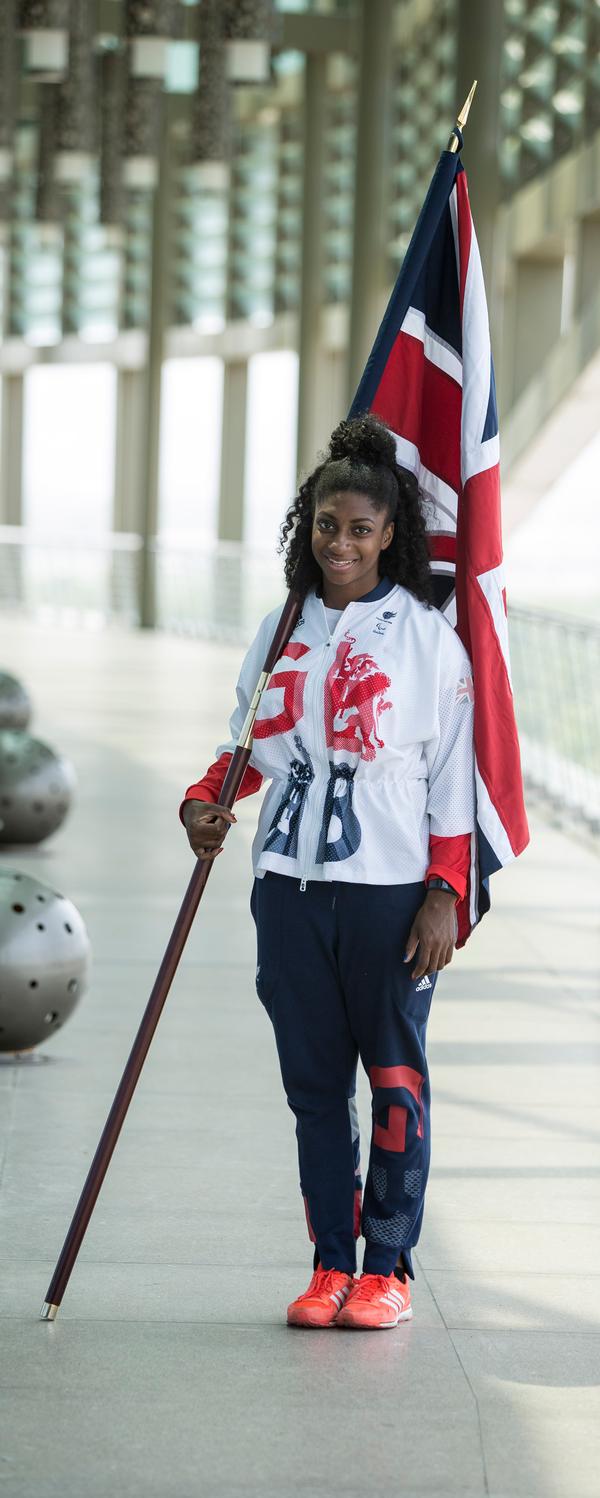
As an up-and-coming athlete from Leeds, Cox suffered a stroke in May 2014, and a few months later was diagnosed with multiple sclerosis. Refocusing her efforts on para sport, she came to Rio as world champion and world record holder in two sports: the T37 100m sprint and C4 500m time trial in track cycling. At Rio she became the first GB athlete in 32 years to medal in two sports at the same Games, with gold in the T38 400m, silver in the T35-38 4 x 100m relay, bronze in the T38 100m and gold in the C4 500m track cycling time trial. She was chosen to carry the flag in the closing ceremony.
I’ve still not quite come down to earth – I keep being stopped by people who know me, which I find so weird. I knew I had the ability to get the medals, it was just whether I could do it all back to back.
I got into para sport at the end of 2014, after my MS diagnosis. Initially I struggled to deal with dropping down a level, but I just carried on competing and enjoying it.
After my diagnosis I spent a lot of time on a Wattbike, because my balance was so bad. Someone noticed I had good power outputs and pointed me towards cycling talent pathways. Sprinting and cycling use muscles in different ways, but doing them both works well for me. The endurance from cycling helps the athletics and the stability from athletics helps the cycling.
The talent programme works well – I wouldn’t have got into cycling unless I had been spotted. However, as para sport is growing it’s getting very competitive to get on to a programme. I think there are a lot of good people out there who haven’t been found yet and that UK Sport should try and get out to more areas. I would particularly like cycling to become more diverse; I’m the only one from an ethnic minority on the team.
“I would like to see cycling become more diverse; I’m the only one from an ethnic minority on the team”
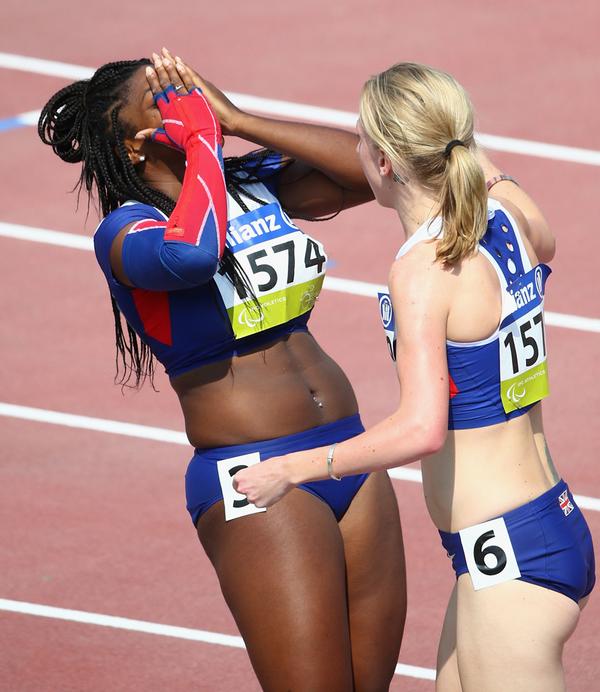
2. Dave Henson
Dave’s high risk role of royal engineer search advisor in the British Army led to an accident in Afghanistan in February 2011, where he stood on an improvised explosive device resulting in the loss of both of his legs. Thanks to a top rehabilitation programme he was walking again after 14 weeks, and 10 months after his accident he received his running legs. Henson captained the Invictus Games in 2014, after which he set his sights on Rio, where he claimed bronze in the 200m ambulant IT2 sprints.
Sport has allowed me to redefine myself as a person: I’m an athlete, not a wounded soldier. Running with blades is a massive buzz and the closest I will ever get to flying. In hard times sport is really good at signposting your life – if you have a race planned then you plan your training, your food, your targets and before long you find that you’re planning your life again.
Being a military amputee, I had a lot of support to become an athlete and the charity Help for Heroes gave me my running blades. Sport was integral to my rehabilitation – it was the fun part of each day.
I set my sights on the Paralympics after the Invictus Games in 2014. Self funded and with no coach, I started going to classified competitions to get exposure. I was spotted at an International Paralympic Committee race in June 2015 and British Athletics invited me to the Anniversary Games at the Olympic stadium.
I met the criteria and was chosen for the World Championships, where I was put on the Podium Potential Programme. This gave me more support, especially medical. I knew how to train, but not how to rest and recover properly, which is important.
There are a whole spectrum of disabilities, so it’s difficult for leisure centres to be fully accessible, but a can-do mindset and disability awareness training would help, so staff are confident and qualified to work with people with disabilities. Each facility should have someone with more specialist knowledge who can signpost for expert help. Improved facilities and equipment would also help. Race wheelchairs are expensive, but it would be great for each council to have a couple with generic frames for people to have a go.
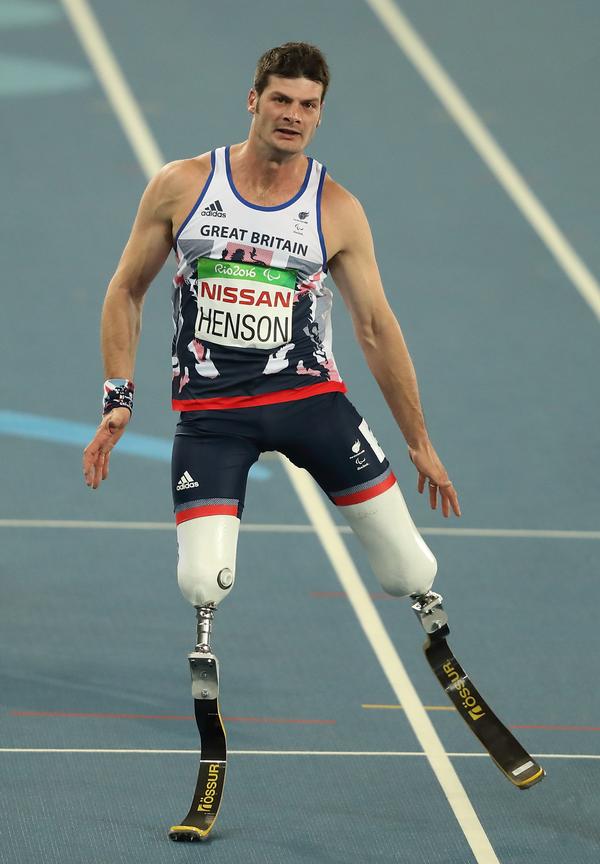
Paralympic stats
Great Britain and Northern Ireland became the first host nation to better their home Games medal tally
• ParalympicsGB won 64 gold, 39 silver and 44 bronze medals
• ParalympicsGB won 12 per cent of the medals awarded
• Golds were won in 11 sports and medals in 15 sports
• 49 Paralympic records and 27 world records were broken
• Dame Sarah Storey became the most successful British Paralympian ever, with 14 golds
• Andy Lewis became the first ParalympicsGB athlete to win a medal in paratriathlon, with gold in the PT2 class
• ParalympicsGB became the first nation to win medals in all four of the rowing classes
• With 11 medals, the equestrian team remains unbeaten since the sport was introduced at Atlanta in 1996
3. Kare Adenegan
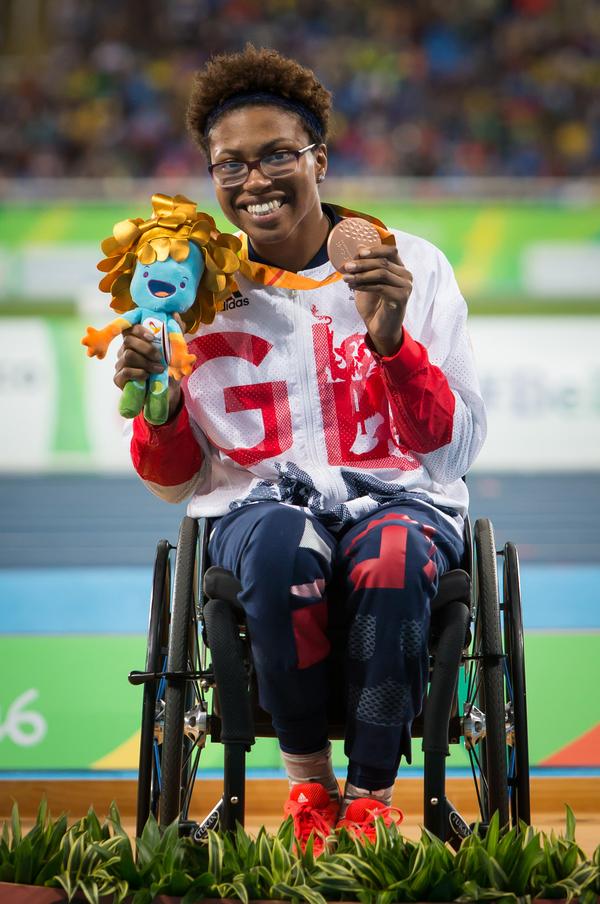
Suffering from cerebral palsy, Kare had been excluded from sports for most of her life. Inspired by London 2012, she joined Coventry Godiva athletics club and quickly graduated to elite level. In Rio she won silver in the T34 100m and bronze in the T33/4 400m and T34 800m. Still only 15, she is currently studying for her GCSEs.
I was inspired by the London 2012 Paralympics and wanted to try a sport. At that point I didn’t know which sports were available, but we found out there was a wheelchair racing academy five minutes from where I live and my parents called the coach, who had only just got back from the London Games.
Wheelchair racing is a technical sport but I picked up the technique quickly. To start with I just wanted to enjoy it, but by 2014 I began to take it more seriously and went to the Junior World Championships. I got a world class time, so then I tried for the World Championships.
British Athletics spotted me and put me onto its Futures Programme, with the potential of medalling in Tokyo. This really helps with financial support to get to competitions. Now I’m on the World Class Potential Programme, which covers training costs, transport, physio and psychological support. My next aim is to medal at the 2017 World Championships – a home event.
It’s important for all athletics clubs to be open and welcoming to people with disabilities – allowing them to participate and making sure they have accessible gym equipment and ramps to the track.
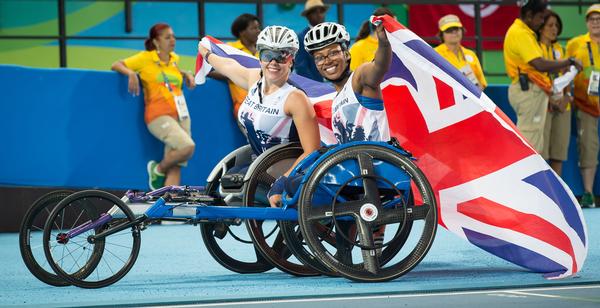

Centre Manager
Director of Operations
Fitness Motivator
Recreation Assistant/Lifeguard (NPLQ required)
Membership Manager
Recreation Assistant
Swim Teacher
Swim Teacher
Chief Executive Officer, Mount Batten Centre
Swim Teacher
Swimming Teacher
Swimming Teacher
Company profile
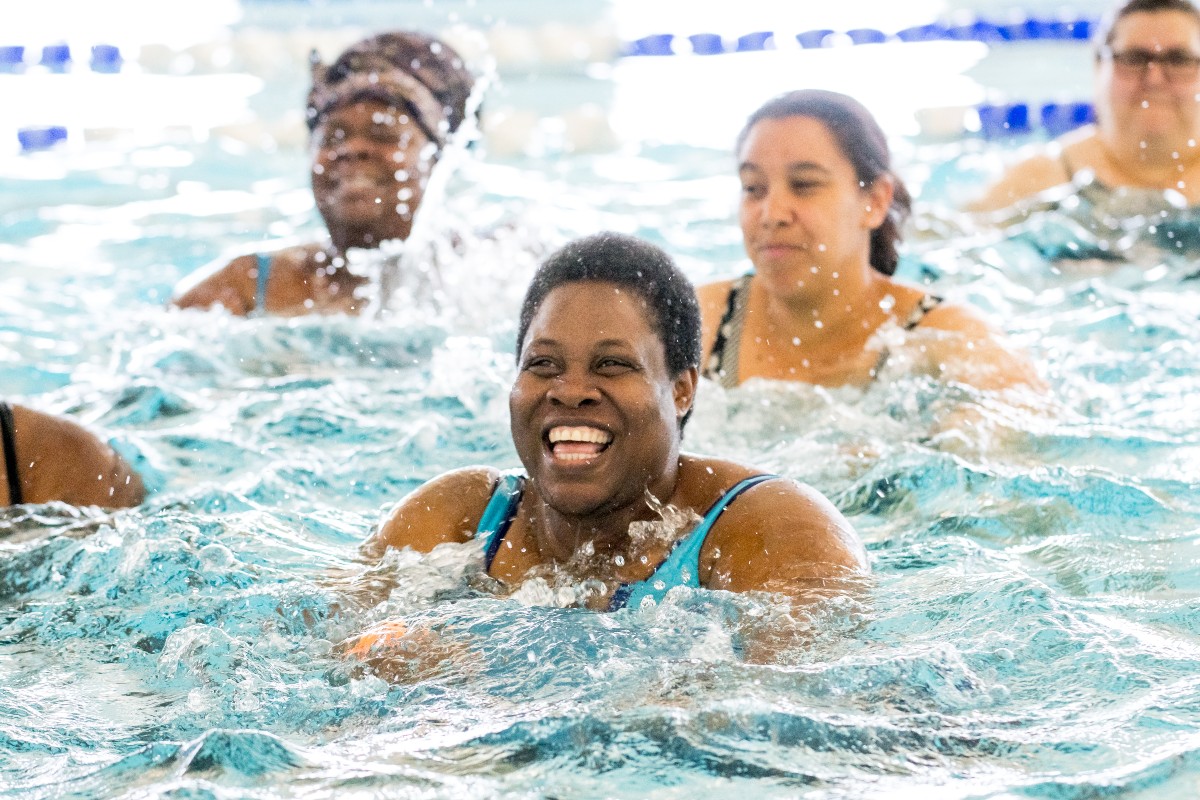
Featured Supplier

Property & Tenders
Company: Knight Frank
Company: Belvoir Castle
Company: AVISON YOUNG
Company: London Borough of Bexley
Company: Forestry England














